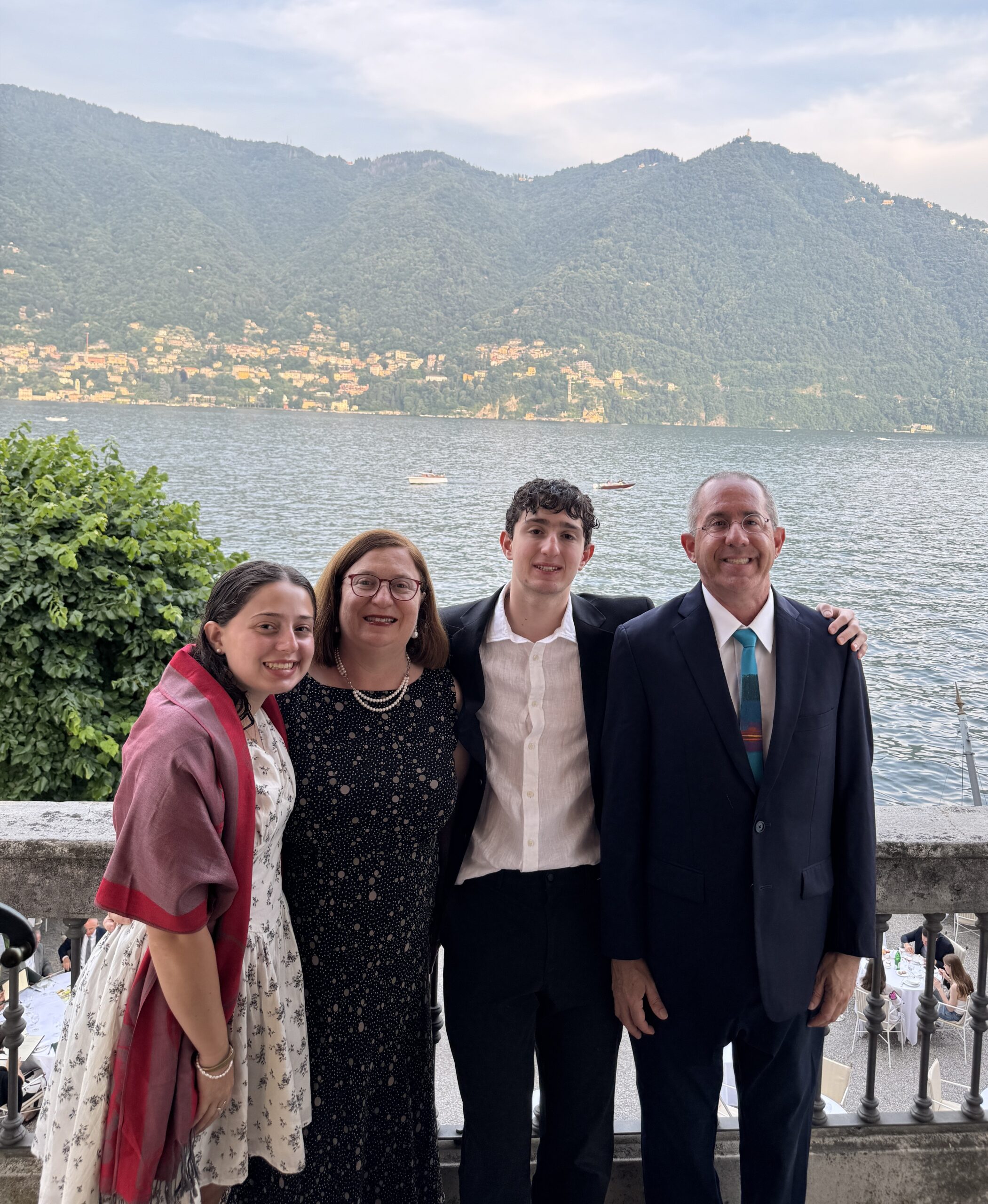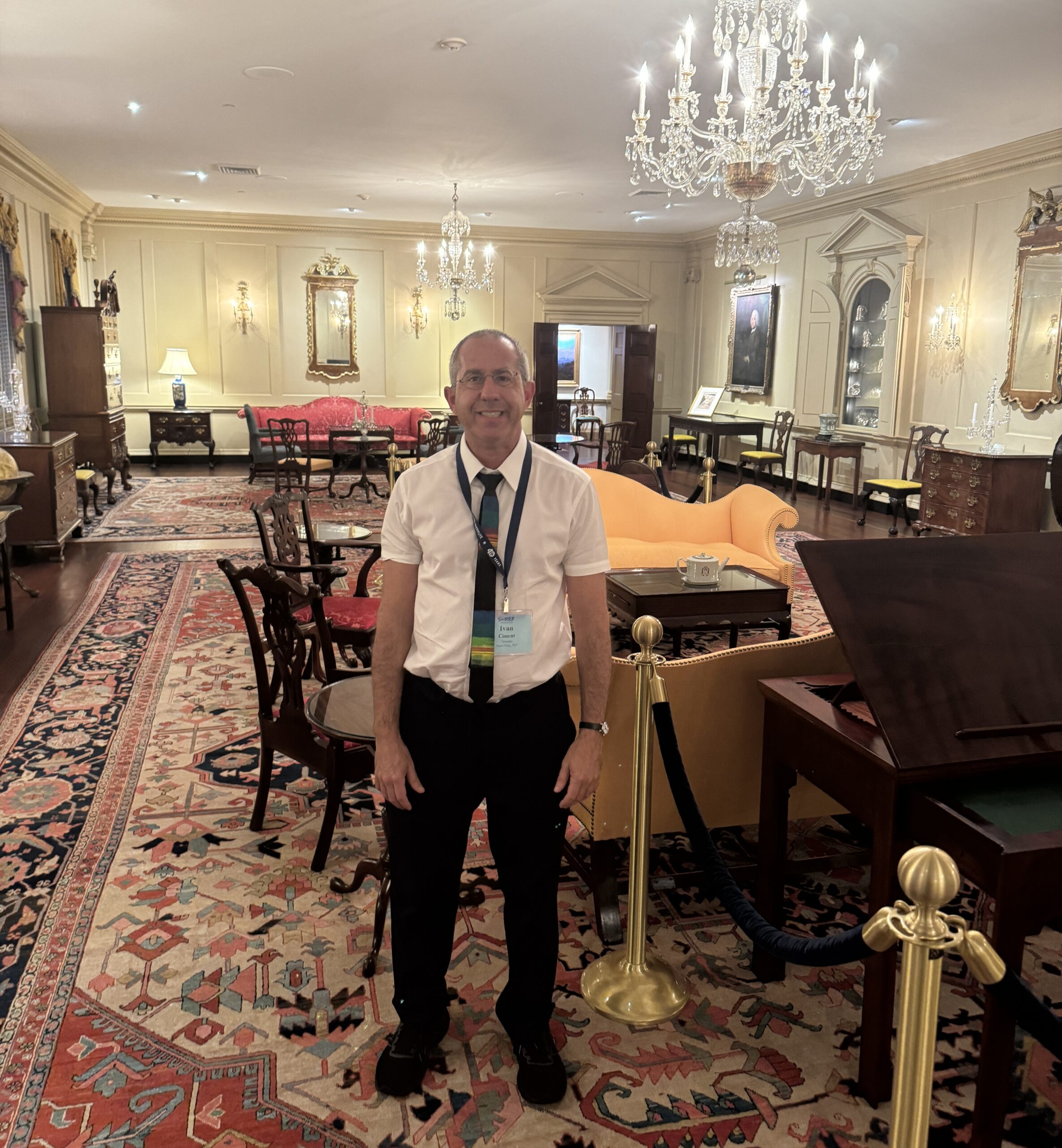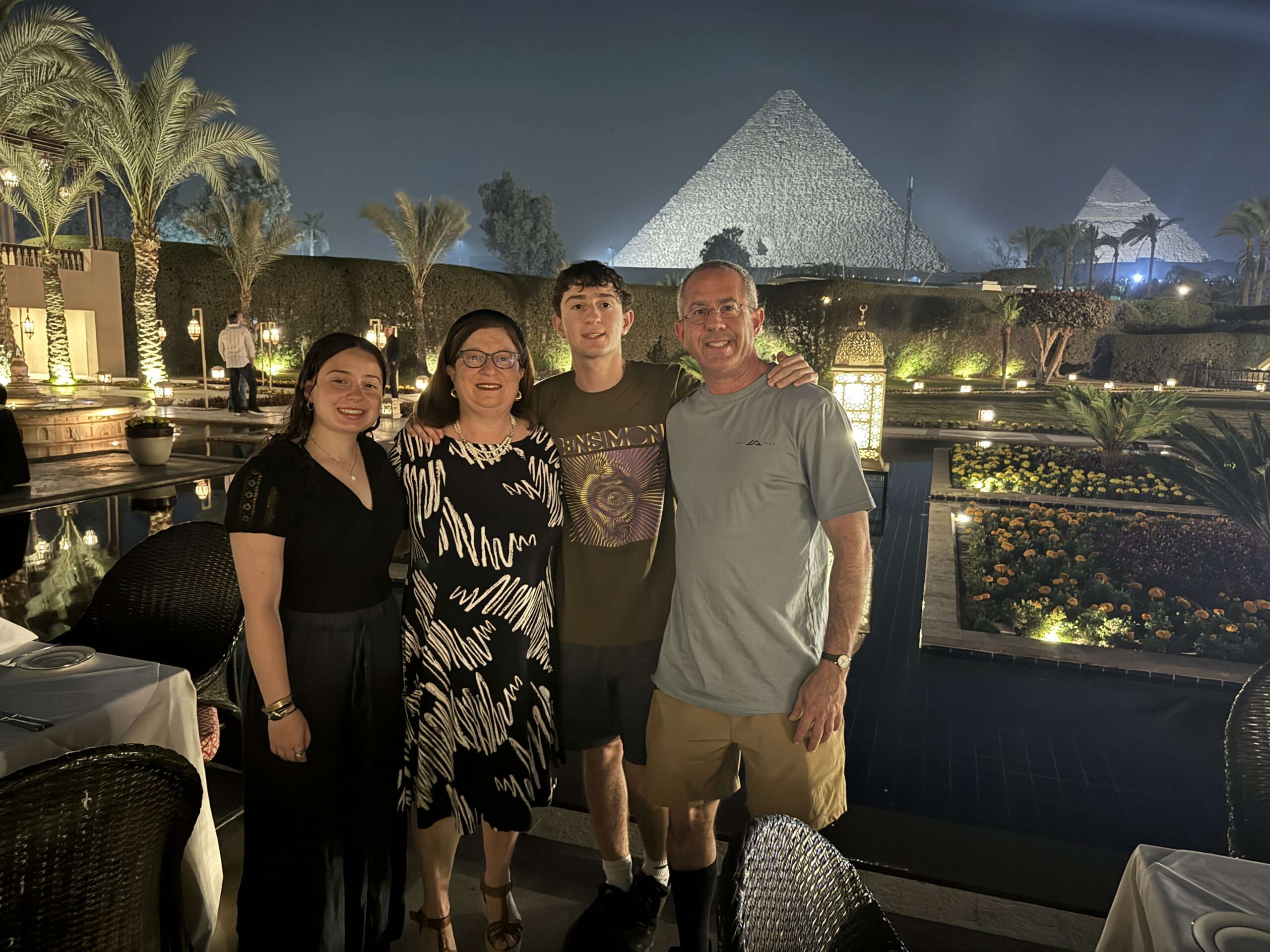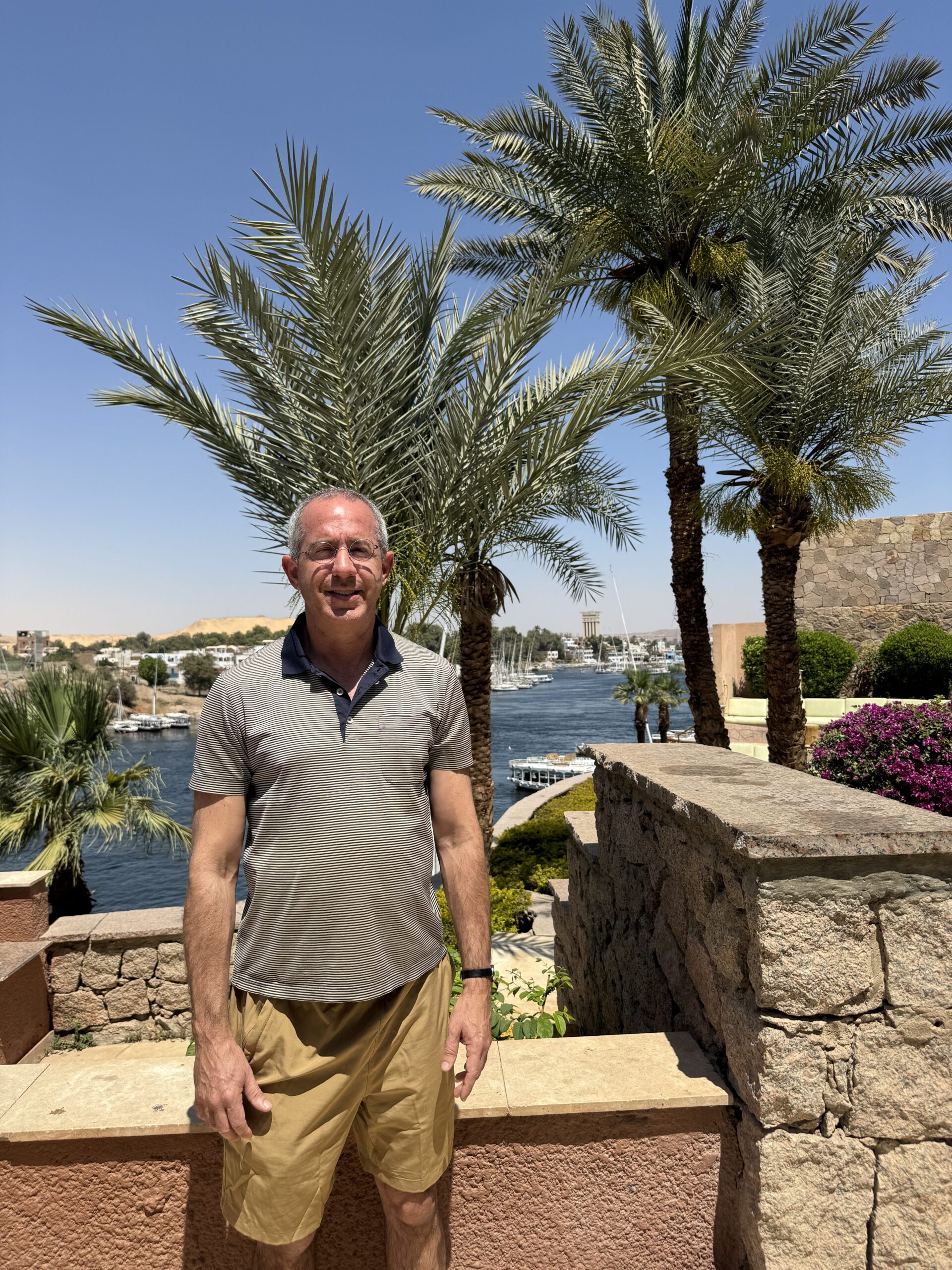FIRST NIGHT:
At the Seder we act in a schizophrenic manner — first we pull out drops of wine from our cup as if to show magnanimity toward the plagued Egyptians and then later we ask God to pour out his wrath on our enemies. What’s going on here?
The farthest thing from Passover would be Yom Kippur and the reading of the book of Jonah at 3 in the afternoon when no one is listening. But Jonah gives us the answer, according to Rabbi Shalom Paul, chairman of the Biblical studies department at the Hebrew University. Jonah is a strange breed of prophet — all other prophets were never listened to — only he was. The whole book contains only 5 words of prophecy: 40 days and the city will be destroyed. He spoke to non-Jews — Assyrians. And yet, they listened to him. So there has to be a real good reason that this book is part of the Tanach and why we read it from beginning to end each year. The first 3 chapters of the book tell us that God told him to go to Assyria in the 7th century BCE, he goes off in the other direction to Spain and you know the story. At the end of the third chapter, we are told that he finally goes to the city of Nineveh, tells them their city will be destroyed, and they repent and God doesn’t destroy them. End of story. Fitting for Yom Kippur — true repentance shown by deeds reflecting a shift away from evil behavior, God forgives. We tend to think of Jonah as a fluke who was wicked and certainly didn’t do right by God.
But then comes the 4th chapter. We find out for the first time why Jonah did what he did. Why did he try to run away from God? Why was he without words every time he was asked a question? Why does he come across as such a spineless nebbish crouched in the bottom of a ship in a deep depression while the ship is tossing and turning and then begging the crew to throw him overboard because he constantly wants to die but won’t take his life on his own? In chapter 4, he says God, I knew before I left in the very beginning that you would forgive them if they repented. He uses the same language we know from the attributes of God listed in the book of Exodus when Moses prayed for the people after the sin of the Golden Calf. But here’s the difference — Moses didn’t tell the Jews to repent and they didn’t. Moses didn’t ask God to let the Jews off the hook. In fact, he said God should give them what they deserve but not worse than that. At the time of the Bible, there was no concept of repentance plus forgiveness. Man sinned and was punished. The whole generation died in the desert. The 10 spies died. You could repent but that didn’t get you off the hook. In Jonah, for the first time in theological history (ie: Jewish and non-Jewish religions in Europe, Asia and the Far East), man sinned, repented and then was forgiven. God told Jonah to go to them and warn them of destruction. He didn’t tell Jonah to tell them to repent and Jonah didn’t say anything about it. They came up with the idea of repentance — these non-Jews — and God liked the idea of repentance and forgave them and this became a lesson for Jews to know about it. God builds a gourd for Jonah and then destroys it — Jonah wants God to kill him because he liked the gourd. God says: You care about gourds — I care about humanity. And so you have Jonah sitting on one side praying for God to kill the people of Nineveh and the people of Nineveh on one side praying to God to forgive them.
Actually, so now what we see is Jonah was not a nebbish. He was debating God on principle — I will deliver the word of God of Moses but not of a God that would grant forgiveness to penitents. The Assyrians were the Hitlers of their day — they killed, raped, plundered and pillaged. They were the first entity to actually threaten the Jews as conquerors in the 7th century BCE. With them it wasn’t just border wars. They wanted to take over the world. They were Evil with a capital E. Think of what it would be like if God sent Jonah to go to Berlin in 1942 and Jonah knew that if he went there the Nazis would repent and God would forgive them. Would you have sided with Jonah or God? The book of Jonah is important because the concept of repentance was brought into the scriptural world for the very first time — and it was non-Jews who were our biggest existential enemy up to that time in history — that were used to teach Jews and the rest of the world about how God forgives and how one is supposed to repent.
We don’t know how it all turned out. We don’t know what happened to Jonah nor Nineveh after all was said and done. Are there sins that should not be forgiven? The Bible has death penalties for certain sins but we also know they were hardly ever carried out. Should God show mercy to our enemies if they repent after doing terrible things to us? These are unanswered questions– the God of Mercy and Justice. Which prevails? Jonah is the only book in the entire Tanach to end on a question. See how Jewish God is? Jonah asks God a question and God ends up asking him a question. How can you forgive him? How can I not forgive them?
The book of Jonah represents a big debate in Judaism at that time — how to deal with the concept of repentance? At the seder, when we say Pour out thy wrath, we are reading Psalms of David and Lamentations — it’s a different time in history and different theology at work. When we are magnanimous toward the Egyptians by reducing our joy in Hallel or taking out part of the wine, we are drawing on rabbinical authorities of later years who were on this side of the debate of the issue of how one can feel toward an enemy.
Tomorrow: a totally opposite view.
————————————————————–
SECOND NIGHT:
Tonight, it’s the same issue but looked at in a different way courtesy of Rabbi Schachter of the Jewish Center. The issue: Rejoicing over the Destruction of the Enemy. The initial question: Why do we say an abridged Hallel for the last 6 days of Pesach? The Gemorah says because on Pesach, as opposed to Sukkos, there were the same number of sacrifices each day so once you said Hallel on the first day, you’re no longer obligated to say Hallel at all. On Sukkos, there were a different number of sacrifices each day, so it was as if each day were its own holiday so you had to say Hallel every day of Sukkos. At the time of the Gemorah, you either said Hallel or you didn’t. Nowadays, we say an abridged Hallel on those days.
A different Gemorah says that the Angels wanted to praise God one night and God wouldn’t accept their praises because his human creations were drowning in the sea. A later source in the Medrash — Mishna Brurah — ties this to Passover and the Egyptians in the Red Sea and derives the idea that God didn’t want praises being sung to him by the angels at that time and therefore we don’t say Hallel. The Meshech Chachma says that Jewish holidays commemorate salvations — not victories. Hannukah celebrates the lights –not the victory over the Greeks. Purim celebrates the date of rejoicing — not the date of the military victory. Remember that the first Passover was celebrated before the Exodus and the commandment to declare the 7th day of Passover holy was given in Egypt before the Exodus; God was teaching that the 7th day is not a Yom Tov because of the victory over the Egyptians but because it was preordained that the 7th day of the Passover holiday should be sacred.
Now let’s contradict everything. Later sources raise the following problems:
1. We know that the angels sang praises the next morning while the drowning was in progress.
2. The Talmud did not say anything about people in the sea being Egyptians in the Red Sea.
3. We know that the Jews — even the kids — were singing praises of God at the Red Sea and were thrilled over the destruction of the enemy. They were so thrilled that we continue to sing these praises every day.
4. Maybe the Talmud was referring to the people of Og and Sichon?
5. Maybe the Talmud meant that God was upset because the Jews were in danger that night of drowning in the sea?
6. The first time King David says Hallelujah (the ultimate praise of God) in Tehillim is in #103 which is after the wicked people were destroyed.
7. If we are truly unhappy during the reading of the 10 plagues to hear of the suffering of the Egyptians, why do we say Pour out thy Wrath on these people later on in the seder? Maybe instead the reason we pour out the drops of wine is to show that with each plague there were fewer and fewer Egyptians?
Conclusion: The sources agreed that the reason we don’t say Hallel has nothing to do with the Medrashic interpretation. It was all about the number of sacrifices being constant all the days of the holiday. We have precedent to be happy over the destruction of enemies that are wicked. It is a way of reminding us that there is a division between good and evil in the world and that not everything is relative. If we become too neutral, we create a farce. Example: A condo in NY took over a building used as a Jewish community site. The board wants to tear down a sign etched in stone that says Love Thy Neighbor. They are afraid it might be too controversial. Go figure.
——————————————–
VIGNETTE:
How does one celebrate Passover and Freedom if he has no freedom?
Rabbi Avi Weiss’s son reports: Sharansky, upon being freed, was accosted by two Hassidim demanding he bless them. He said, I know nothing about anything. Here’s a rabbi next to me. Let him bless you. They insisted — with all due respect to the rabbi, we want your blessing. The rabbi said — you escaped the KGB and Russian jail, but you won’t get past these guys. So Sharansky put his hands on their heads and said “Baruch ata hashem alokeinu melech ha’olam, hamotzi lechem min haaretz.” And amazingly, the Hassidim were thrilled.
Anyway, Rabbi Weiss continues: We eat the Pesach sacrifice and the bitter herbs together. Why this mix of Freedom and Bitterness?
1. The Gerrer Rebbe: When you feel free, you have to make yourself not so comfortable. When you think your life could be better, you are forced to seek ways to improve your life. If Jews feel too comfortable in the Diaspora, there can be no future and they will at some point disappear.
2. Rabbi Konmein (spelling) from Gush: The first Passover was celebrated before the Exodus. Why do so while sitting on suitcases and being nervous? Reason: Tasting the concept of freedom while still in slavery. The idea of the mix of the feelings of slavery and freedom is to show that the point of the holiday is that the yearning to be free is more important that the freedom or lack of it itself.
The Jews survive history and continue because they are constantly yearning for more and are thinking to obtain freedom for those that are not free (ie: soviet jews) and to bring about a spiritual freedom of the Messianic era and to build a Jewish state, even if they themselves are comfortable where they are.





